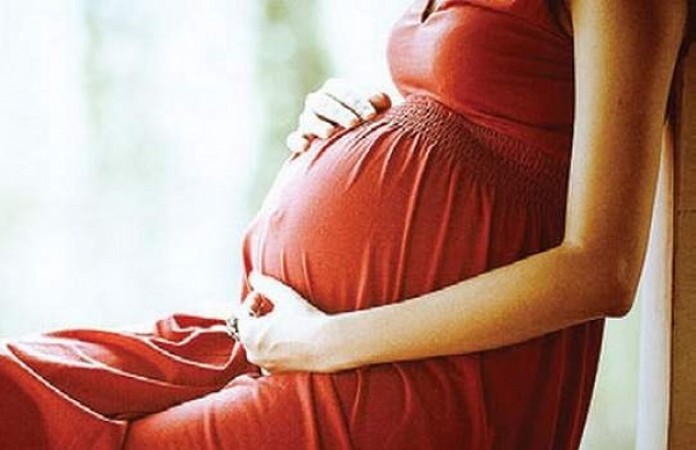
Pregnancy is often considered a time of joy and excitement, but it can also take a toll on a woman's body, including her bones. Pregnancy-related osteoporosis is a rare but significant health concern that can have lasting implications for a woman's overall well-being. In this article, we will explore what pregnancy-related osteoporosis is, why women should get tested for it, and how to maintain healthy bones during and after pregnancy.
Understanding Pregnancy-related Osteoporosis
Osteoporosis is a condition characterized by the weakening of bones, making them fragile and more prone to fractures. While it is typically associated with aging, some women can develop a specific form of osteoporosis during or after pregnancy. Pregnancy-related osteoporosis is a rare condition where bone density decreases significantly, leading to a higher risk of fractures.
Why Women Should Get Tested
Early Detection is Key: Pregnancy-related osteoporosis often goes undiagnosed because its symptoms, such as back pain and fractures, are often attributed to the normal aches and pains of pregnancy. Getting tested is essential for early detection and intervention.
Prevent Long-term Complications: Untreated pregnancy-related osteoporosis can have long-lasting consequences. Fractures can result in chronic pain, reduced mobility, and diminished quality of life.
Maintain Bone Health: Understanding your bone health during and after pregnancy is crucial for your overall well-being. Testing can identify potential issues and help you take steps to maintain healthy bones.
Prevent Future Fractures: Pregnancy-related osteoporosis can increase the risk of fractures later in life. Early detection and treatment can reduce this risk, ensuring a healthier and more active future.
Who Should Get Tested
Not all pregnant women need to be tested for pregnancy-related osteoporosis. Testing is typically recommended for those who exhibit symptoms or have specific risk factors, including:
Prior History: Women who have had pregnancy-related osteoporosis in a previous pregnancy should consider getting tested early in subsequent pregnancies.
Unexplained Pain: If you experience severe or unexplained back pain or fractures during pregnancy or postpartum, consult your healthcare provider about testing.
Family History: A family history of osteoporosis or fractures may increase your risk, warranting testing.
Low Body Mass Index (BMI): Women with a low BMI, which can be indicative of inadequate nutritional intake, may be at a higher risk.
Multiple Pregnancies: Women who have had multiple pregnancies in a short period may be at an increased risk due to the strain on their bones.
Maintaining Healthy Bones During and After Pregnancy
Balanced Nutrition: Ensure you are getting enough calcium, vitamin D, and other essential nutrients. A well-balanced diet can support bone health.
Weight-Bearing Exercise: Engage in weight-bearing exercises like walking, dancing, and gentle strength training, but always consult your healthcare provider before starting a new exercise regimen during pregnancy.
Proper Prenatal Care: Regular check-ups with your healthcare provider can help detect and address potential issues early.
Supplements: If you are unable to get enough nutrients through your diet, your healthcare provider may recommend supplements to support your bone health.
Bone Density Testing: Consider testing for pregnancy-related osteoporosis if you have risk factors or are experiencing symptoms.
Pregnancy-related osteoporosis is a condition that can impact a woman's well-being during and after pregnancy. Early detection and intervention are crucial in preventing long-term complications and ensuring healthy bones. If you are pregnant, have a history of pregnancy-related osteoporosis, or have risk factors, consult your healthcare provider to discuss the possibility of testing. Your bone health is an essential component of your overall health, and taking steps to protect it can lead to a healthier and more active life for both you and your baby.
READ MORE: